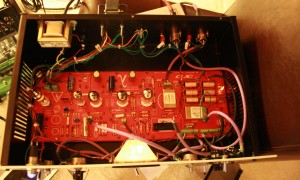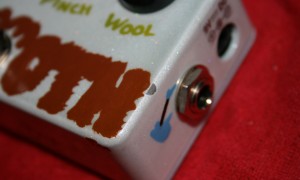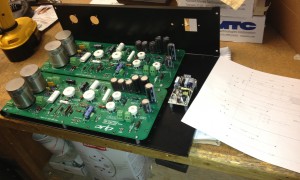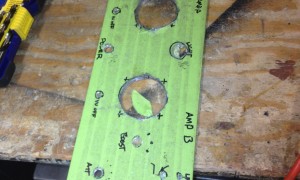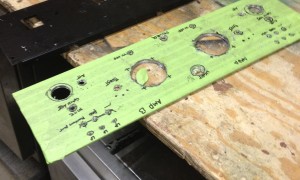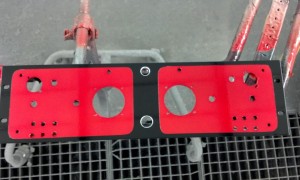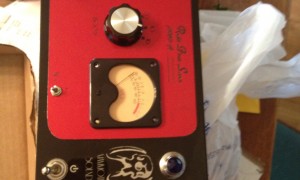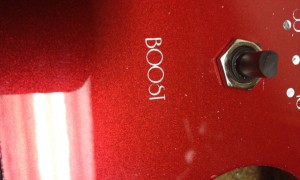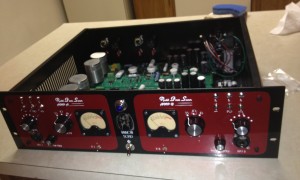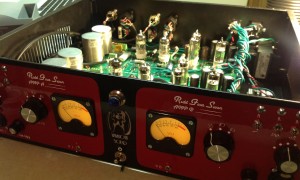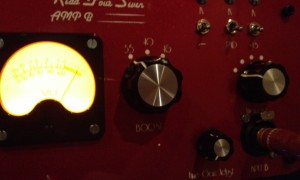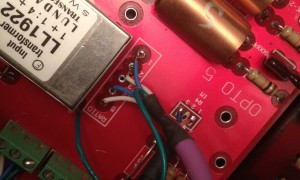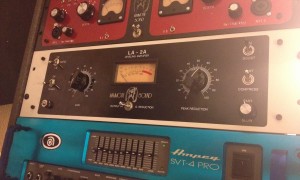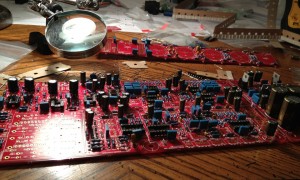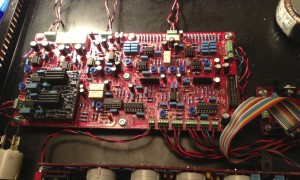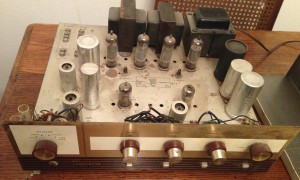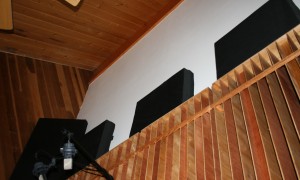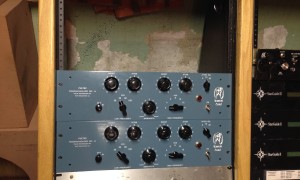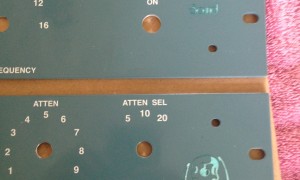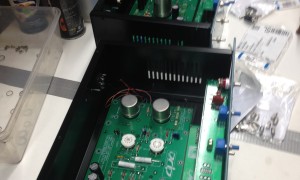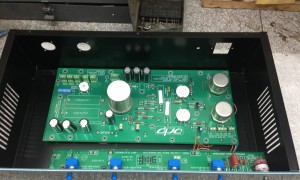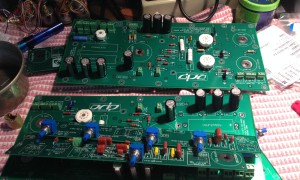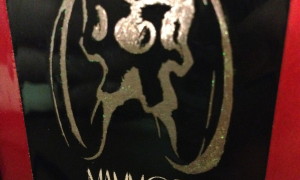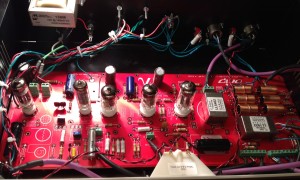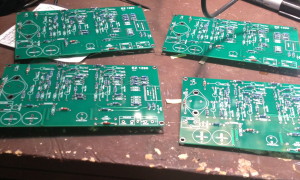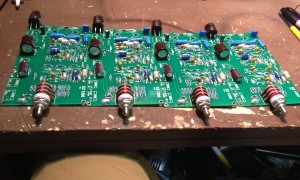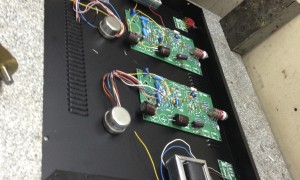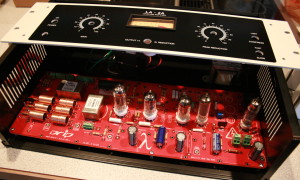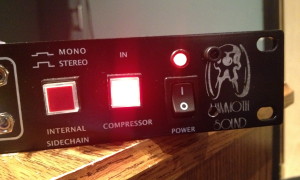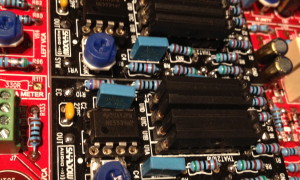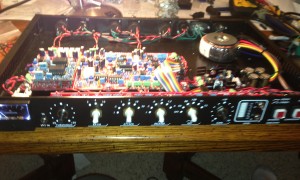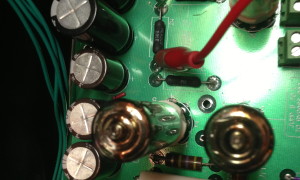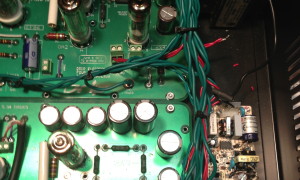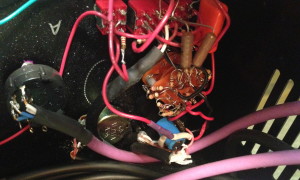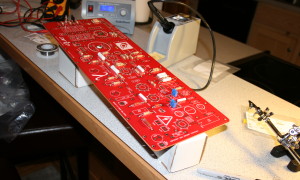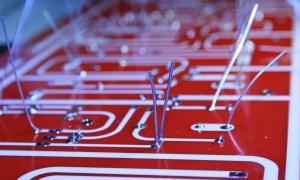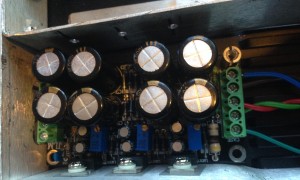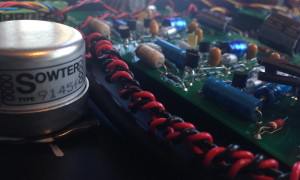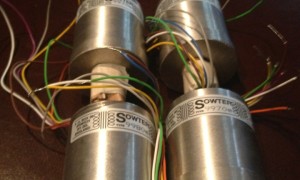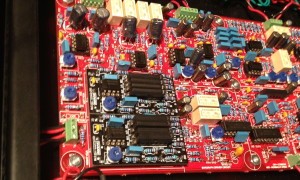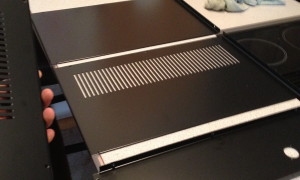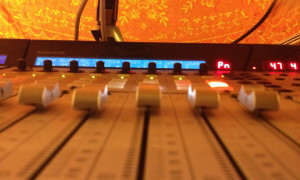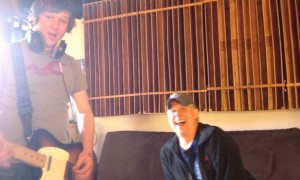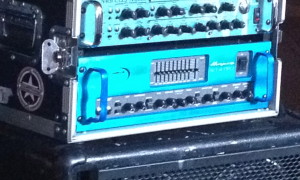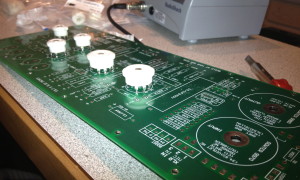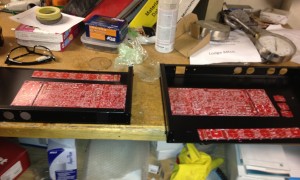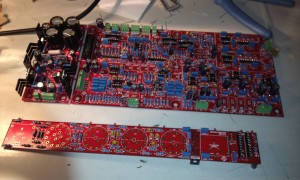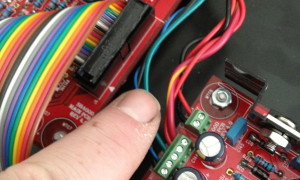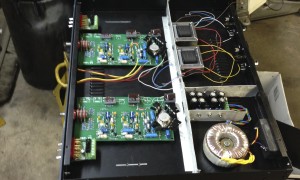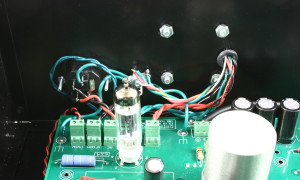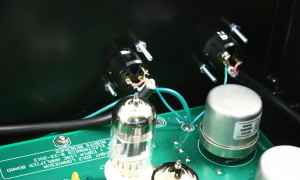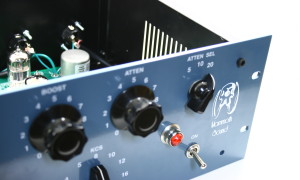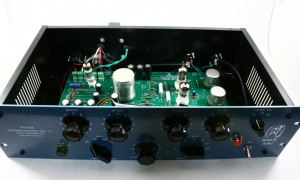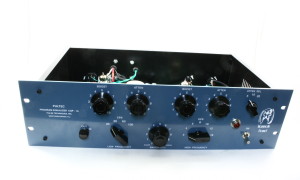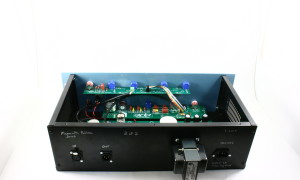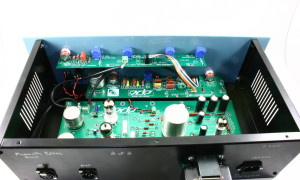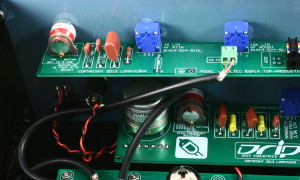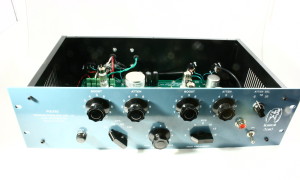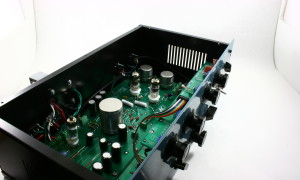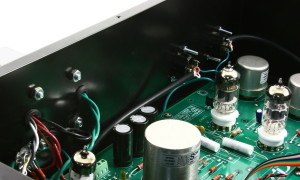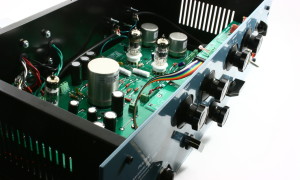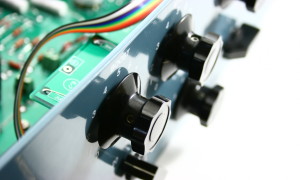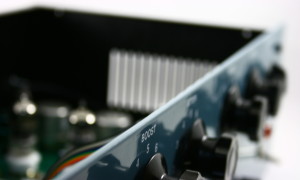Gear Build Pages:
I swear by pure analog processing
I have a philosophy when it comes to my music recording process. I swear by pure analog processing. Nothing sounds better than analog gear. I think that there is a definite difference between the analog and the digital domain. Anybody in today’s day and age can buy a Macbook and have a “recording studio. That being said, I know that there is a fundamental difference between the in box plugin based studio and the real thing. Voltage, conversion, invention, engineering, creativity, and acoustics.
Voltage… There is something special that happens to music when it gets converted to high voltage and processed. It is a difficult thing to explain. It can give an almost human element to a sound. It can excite an ‘airiness’ in the music that I have never heard happen digitally. It makes music come alive! Nothing in my opinion sounds better then some transformer coupled analog tubes. I don’t know if it is the fact that they take your music and make it jump through space and hit a grid at random, or if it is because electron flow is important, but I know that it makes a difference. I have heard it. You just can’t cant randomize electrons in a computer and get the real tube sound no matter how hard you try.
You just can’t cant randomize electrons in a computer and get the real tube sound no matter how hard you try.
Computers will always be based on mathematics which are not random. Digital Signal Processing is done now because it is getting cheap, and it can be done, but it isn’t done for the music, it isn’t done for the right reasons. It is done to make it cheap and passable. Recording digitally and then emulating some tube gear with your computer is just a mediocre solution, and fatally flawed. I can tell you about times where I thought I was going crazy looking for the hum in my tube gear, only to find that it was silent. It turned out that I had a few instances of a certain digital delay turned on with “vintage emulation”; the 60Hz hum was something that the digital plugin introduced. That leads to a fundamental question. Are we emulating tube gear that is in disrepair? If built right and grounded properly and well maintained, tube gear is silent and beautiful. The Idea of imparting an “analog sound” to music by adding noise and hum is a bad idea, and it is missing the point. Sure, computers are great at producing delay, and okay at emulating reverb (with practice and good algorithms) but they are still far from as beautiful as the sound of a real plate reverberating, or a large room reflecting analog sound in a diffuse space. Again, It has something to do with the randomness of nature, the small nuances that effect things in the real world and make them ever so….random.
Granted, there are some good reasons for recording digitally and I do involve this in my process, but I try to keep the computer as transparent as possible.
Conversion… Good converters are a key to recording high quality audio. I use Apogee converters and they are some of the best around. Click here to discover the Apogee Advantage I think that they are a solid, forward thinking company. They have won numerous Tec awards (Tecnology Excellence and Creativity awards) and they make some truly beautiful hardware. Their stuff is all built in the USA which is awesome, and they are pushing the envelope with their designs. ( the new ESS Sabre DAC technology is running audio at a 32 bit instead of 24, which is truly pushing the envelope and shows that the company is built on the shoulders of audiophiles that really care about the gear.)
If built right and grounded properly and well maintained, tube gear is silent and beautiful.
Invention… I build my analog gear. I take study of old, tried and true audio designs, and I take what I think sounds good, and I build it. I solder the resistors, capacitors, op-amps, tubes, and wires together. I learn what makes these things tick. I learn what these things do to the audio. I learn the electrical theories behind this analog gear. I understand Nyquist’s Criterion and Fletcher Munson’s curves. I think about the lines of flux and there are reasons behind my crazy grounding techniques and twisted pairs. I take into consideration pads, and filters, inductance and phase angles. I pay attention to things like impedance matching. (which I feel is becoming a lost art) I scope out my analog gear to make sure that there is a low noise floor. I look at phase angles, and power. I make sure that my amps are matched. I select the best components and I am able to control the quality of these amplifiers and compressors and power supplies. I can tell you exactly what that knob on the front of the amp will do to the frequency that you are putting through it. That is is important.
Engineering… There are so many producers out there these days. In the beginning, there was no Guitar Center, or waves plugin. There was radio. If you had a studio and were looking to obtain a sound, you would engineer it. You would have to take known gear from the radio station and build it, modify it, make it work, find the noisy components, fix them, design, engineer and build. solder. Change components, try radical things. learn electronics, learn about radio, learn about the history of analog gear and electronic music creation. This way of thinking has given birth to the modern day hacker, but the art of radio, the art of analog is being lost. I am engineering my sound.
In the beginning, there was no Guitar Center, or waves plugin. There was radio.
Acoustics… The room is everything. I have studied how sound interacts with it’s surroundings. I know how to set up my space. I have created impulse responses to make sure that the frequency response of the room is accurate. I have built quadratic residue diffusers to improve the acoustic quality of the studio. I have built acoustic panels to absorb 1st order reflections in my mixing environment. The point is, in order to properly capture sounds, you have to understand how they work and interact with the environment that they are in.
I am engineering my sound.
Recording engineering is becoming a lost art. Electronic recording engineers are loosing their grip to nerds that can build computer programs. People are emulating the past, they are processing in a similar manner to the original equipment, but there is fundamental element that is being left behind in the process. Voltage, Conversion, Invention Engineering and Acoustics. These things take a lifetime to learn, and they make the difference between an OK recording and an amazing one.
“Music isn’t what we do. It’s who we are”
-AJ

